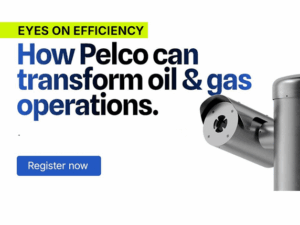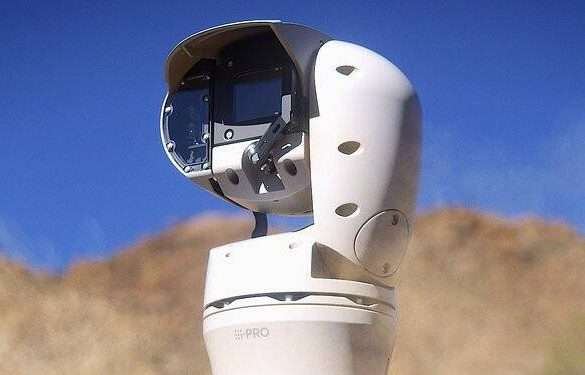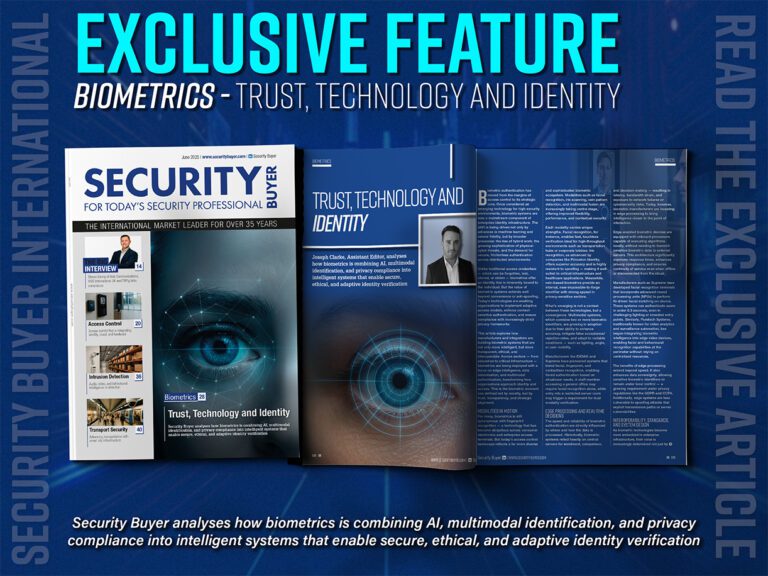Digital exhaust leaves hidden trails of personal data. Deb Andersen of IMWI Direct, and Yolanda Hamblen, IFPO, explore its risks and protections in the latest IFPO column.
This month in International Security Buyer, we shine a light on the hidden trails we all leave behind in our increasingly connected lives. From phones to cars, our digital exhaust silently builds a data picture that can be misused if not managed. In this column, Deb Anderson, a Physical and Cyber Security Certified Professional explores the realities of digital exhaust, what it is, why it matters, and how individuals and organisations can reduce their risks.
Digital Exhaust, Tracking You Softly: The Exhaust Trail that leaves you vulnerable…
Imagine this: You’re shopping online for a birthday gift, checking social media, streaming music, and using your GPS to find a new coffee shop. All the while, your phone, your apps, and your car are silently collecting data about you. From your location to your shopping preferences, browsing habits, and even personal conversations, this trail of data builds every time you interact with the digital world.
This invisible trail is known as digital exhaust. Unlike the smoke from a car’s tailpipe, this “exhaust” isn’t visible, but it’s very real, and it tells a detailed story about you. It includes everything from your search history and location data to app usage, device connections, and even which WiFi network you use.
So, who is this message for?
Anyone who uses digital devices, especially people who spend a lot of time online or on their smartphones, including students, professionals, parents, and everyday consumers should be aware of digital exhaust. Essentially, if you use the internet (which you are doing right now), this message applies to you.
Why is the message important?
Most people don’t fully realize how much of their personal information they give away, intentionally or not, just by using technology. And unfortunately, that information can be used against you, whether by hackers, marketers, or even governments.
The Reality of Digital Exhaust
Digital exhaust is the trail of data you leave behind when you use digital devices or services. It’s the digital footprint that accumulates passively while you browse, click, post, stream, or connect. Examples include:
- Websites you visit and how long you stay
- Search queries and shopping history
- Social media interactions (likes, shares, comments)
- GPS location data and routes taken
- Call logs, text messages, and app usage
- Data from connected devices like smart cars, wearables, and home assistants
Even if you don’t manually type anything, your devices may be collecting information in the background. This makes digital exhaust the byproduct, or “waste”, of our digital lives.
Who Does Digital Exhaust Affect?
Everyone. Young or old, tech, savvy or not, if you’re using technology, you are producing digital exhaust.
Think about students submitting assignments online, seniors using telehealth services, professionals logging into work systems remotely, or even drivers whose cars are connected to infotainment systems. From smart TVs to Bluetooth, connected vehicles, the amount of data being collected is massive, and growing.
Why Is Digital Exhaust a Concern?
Privacy Risks: Digital exhaust can be collected, analyzed, and sold, often without your explicit knowledge or consent. Advertisers build profiles of you based on your habits. Sometimes this data is shared with third parties who use it to target you, influence your choices, or worse.
Security Vulnerabilities: Hackers and cybercriminals thrive on digital exhaust. They can use your data trail to answer your security questions, guess your passwords, or even mimic your identity. A cyberattack could allow them to steal from you or impersonate you, leading to identity theft or financial fraud.
Loss of Autonomy: When algorithms know you better than you know yourself, your choices can be subtly manipulated. From influencing your political opinions to what products you buy, companies can use your data to nudge you toward decisions that serve them, not you…































